

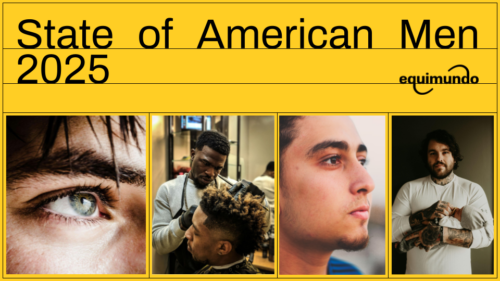
Equimundo’s State of American Men 2025
The State of American Men 2025 study offers an unflinching, data-driven look at the economic and cultural pressures facing American men.

Community Advocates

Next Gen Men

Diverting Hate
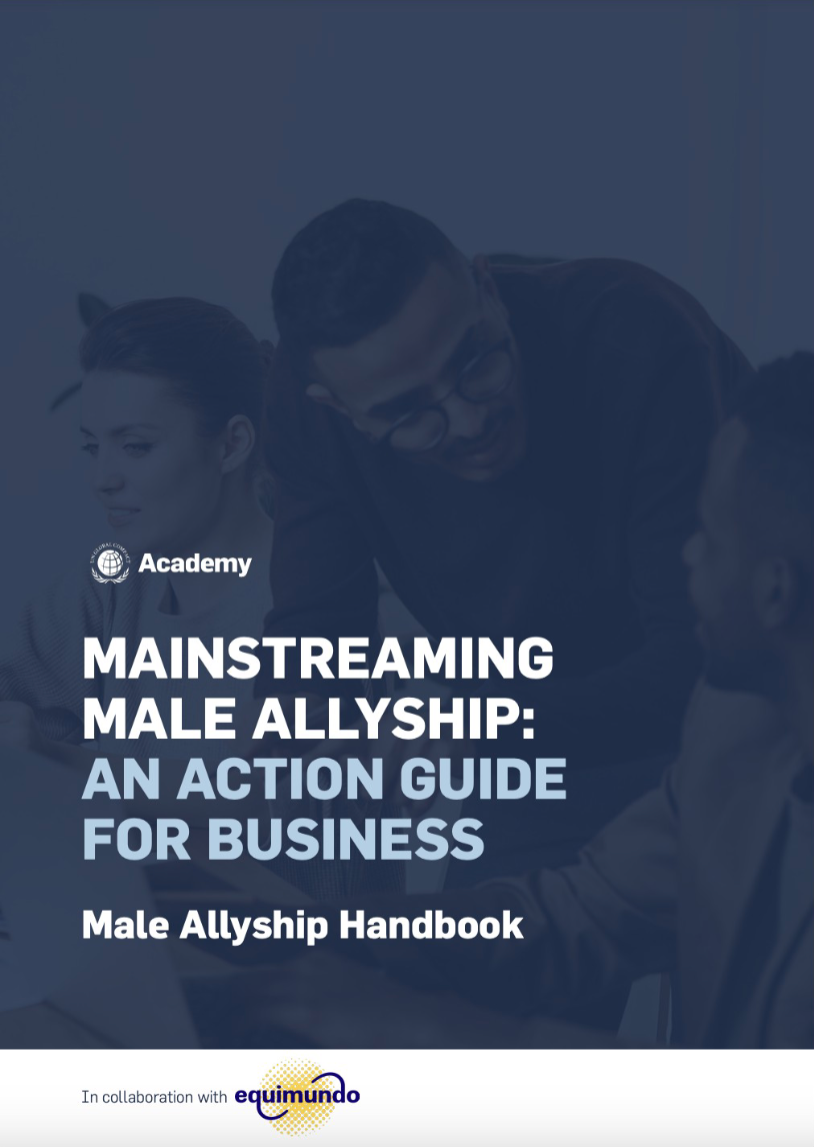
Mainstreaming Male Allyship: An Action Guide for Business
Mainstreaming Male Allyship: An Action Guide for Business is an innovative e-learning course developed by Equimundo in partnership with the UN Global Compact. Designed for leaders, HR professionals, supervisors, and employee resource groups, the course equips businesses with the tools to launch or strengthen male allyship initiatives in the workplace.

Introducing the LinkUp Lab
Building on over two decades of work with young men, Futures Without Violence and Equimundo are launching LinkUp Lab, an innovation hub testing digital strategies to reach young men online. We seek

Reflecting on the Men Enough Campaign: A Journey Towards Redefining Masculinities and Promoting Gender Equality
As the Generation Gender (Gen G) Men Enough campaign concludes, it’s a moment to reflect on the incredible journey we’ve shared over the past few months. Together
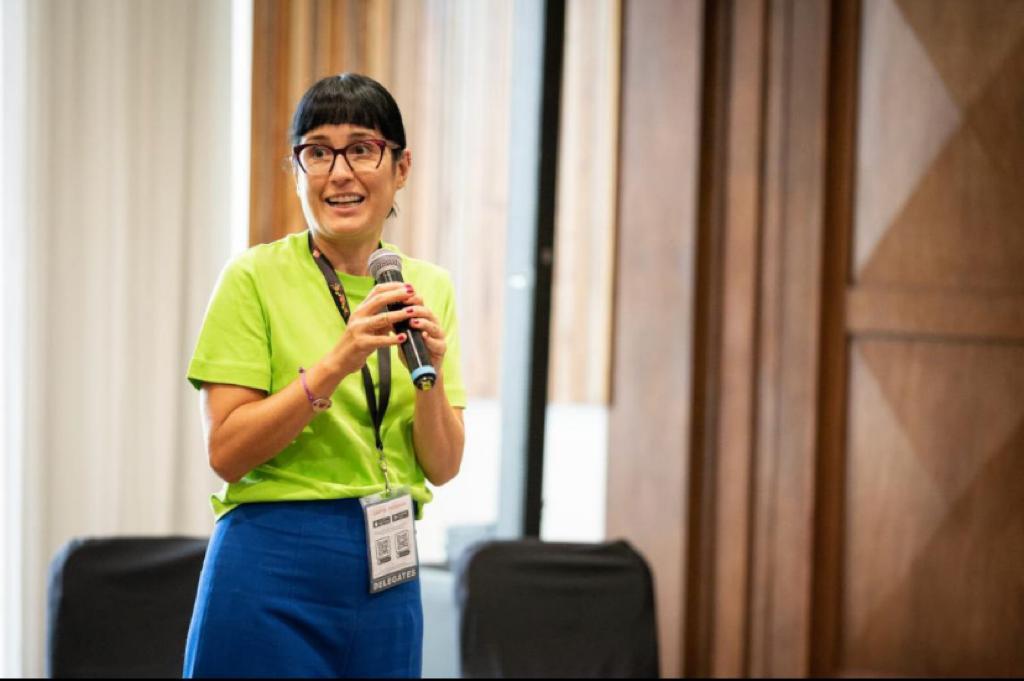
“After the election, I’m done working with men.” We’re not, and here’s why.
Since the day after the US presidential elections, I’ve had numerous private conversations with fellow feminist activists – advocates who have built their careers on the belief
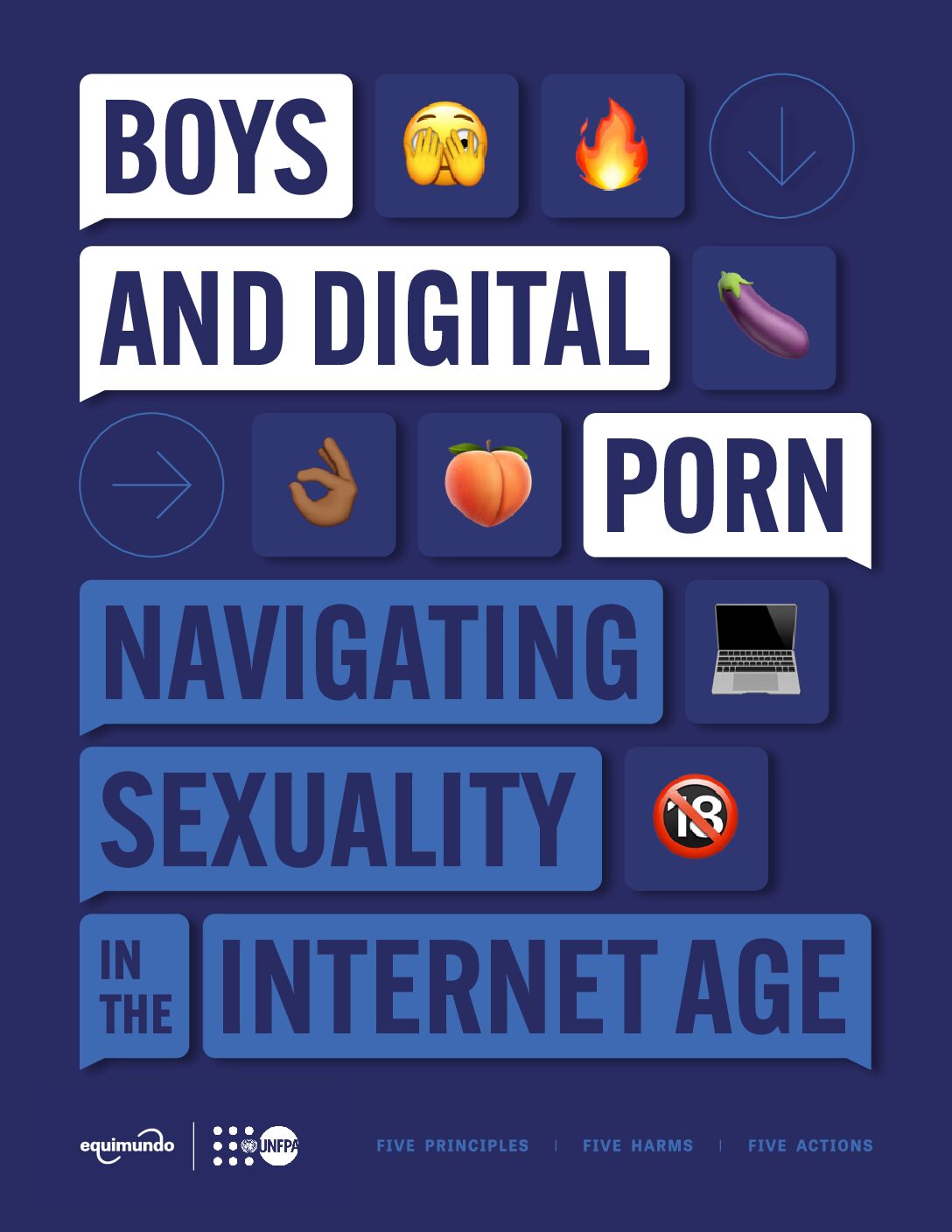
Boys and Sexuality in the Internet Age
Comprehensive sexuality education is still the exception rather than the norm in schools globally. Young people and children are looking to digital spaces to find information and greater understanding about the world around them, including about sex and sexuality, specifically through consumption of online pornography.

The men behind the curtain: How organized anti-feminist backlash actors exploit boys and what to do about it
The concept of “anti-feminist backlash” has become increasingly prominent in the discourse on international gender equality. The term variously refers to everything from individual dissent to organized political resistance against the real or imagined advancements of women, girls, and feminist movements. At its core, the notion of backlash presupposes a landscape where significant strides toward equality for women and girls have been made, prompting a reactive effort by those who disagree with and/or perceive themselves as disenfranchised by these shifts.
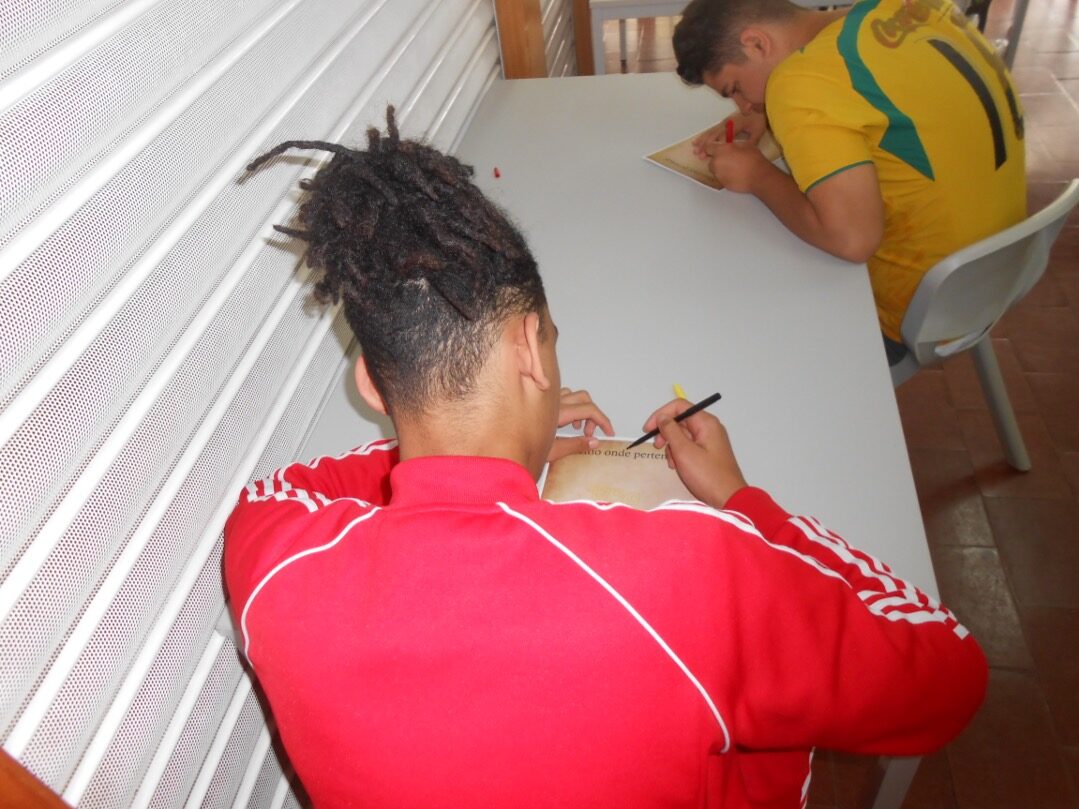
Deconstructing Masculinities through the X-MEN
by Tatiana Moura (with Marta Mascarenhas and Haydée Caruso), Observatory on Masculinities / Center for Social Studies / Portugal Español abajo / Português abaixo In the corridors

What is the Manosphere?
The manosphere has successfully leveraged male pain points and digital spaces using strategic messaging that speaks to young men’s lived challenges. Amidst rapid macro-level social, political, and economic changes, young men are turning to the internet and finding community and belonging that speak to their unique identities, interests, and fears. The manosphere fills the messaging void for young men’s questions and insecurities, but has real-world impact offline in terms of violence against oneself and others, mental health, and anti-democratic trends.
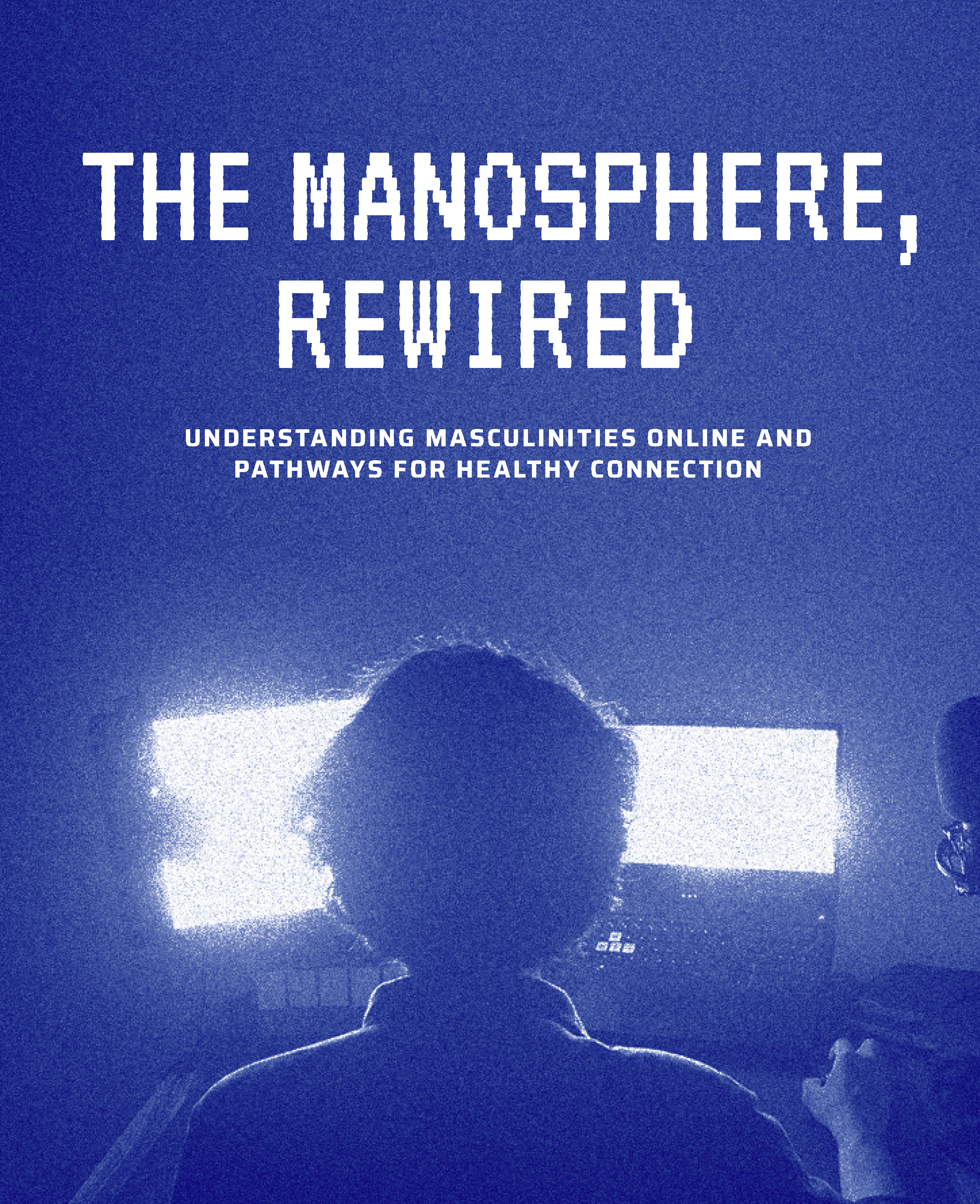
The Manosphere, Rewired
When two-thirds of young men feel that “no one really knows” them, as State of American Men 2023 shows, they reveal the fragility of their connections and relationships. This “crisis of connection” collides with the reality that no one really seems to agree on what a “good man” looks like or how to become one. The combination of these two truths creates the perfect conditions for men to seek connection in the digital world via the manosphere – a diverse collection of websites, blogs, and online forums promoting masculinity, misogyny, and opposition to feminism – which swoops in to provide clear messages around gender and gender roles to make simple sense of an otherwise complicated world.
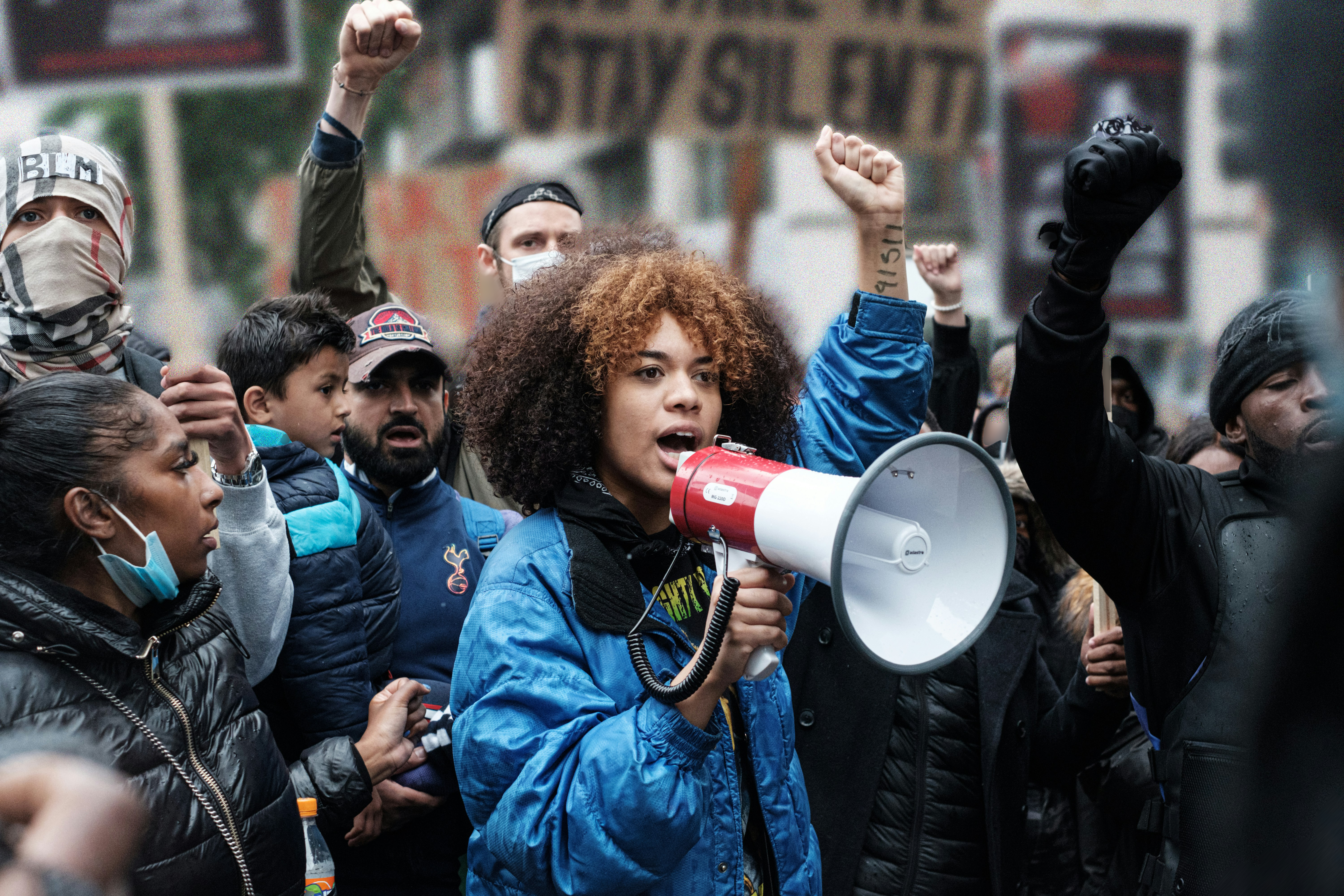
Adapting Curricula for Community Impact
Creating Peace: A curriculum for promoting healing, nonviolence, racial justice, and gender equity among adolescents addresses the urgent issue of community violence impacting youth in urban neighborhoods

Creating Peace
Engaging young people in peer dialogue, critical thinking, and activism, this program aims to address inequitable gender norms, promote racial justice, and ultimately reduce violence and discrimination in communities in Pittsburgh, Pennsylvania.
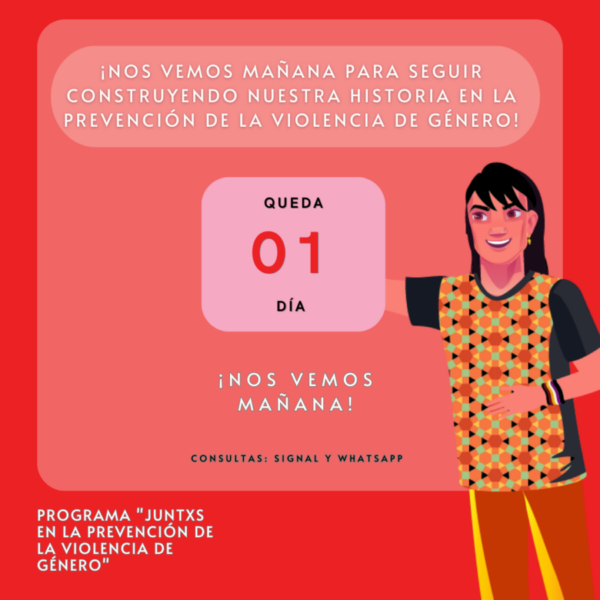
How we partnered with activists to engage men in violence prevention
Español abajo Many human rights and LGBTQIA+ rights activists working to prevent gender-based violence (GBV) have experience working with women and girls and supporting and advocating for
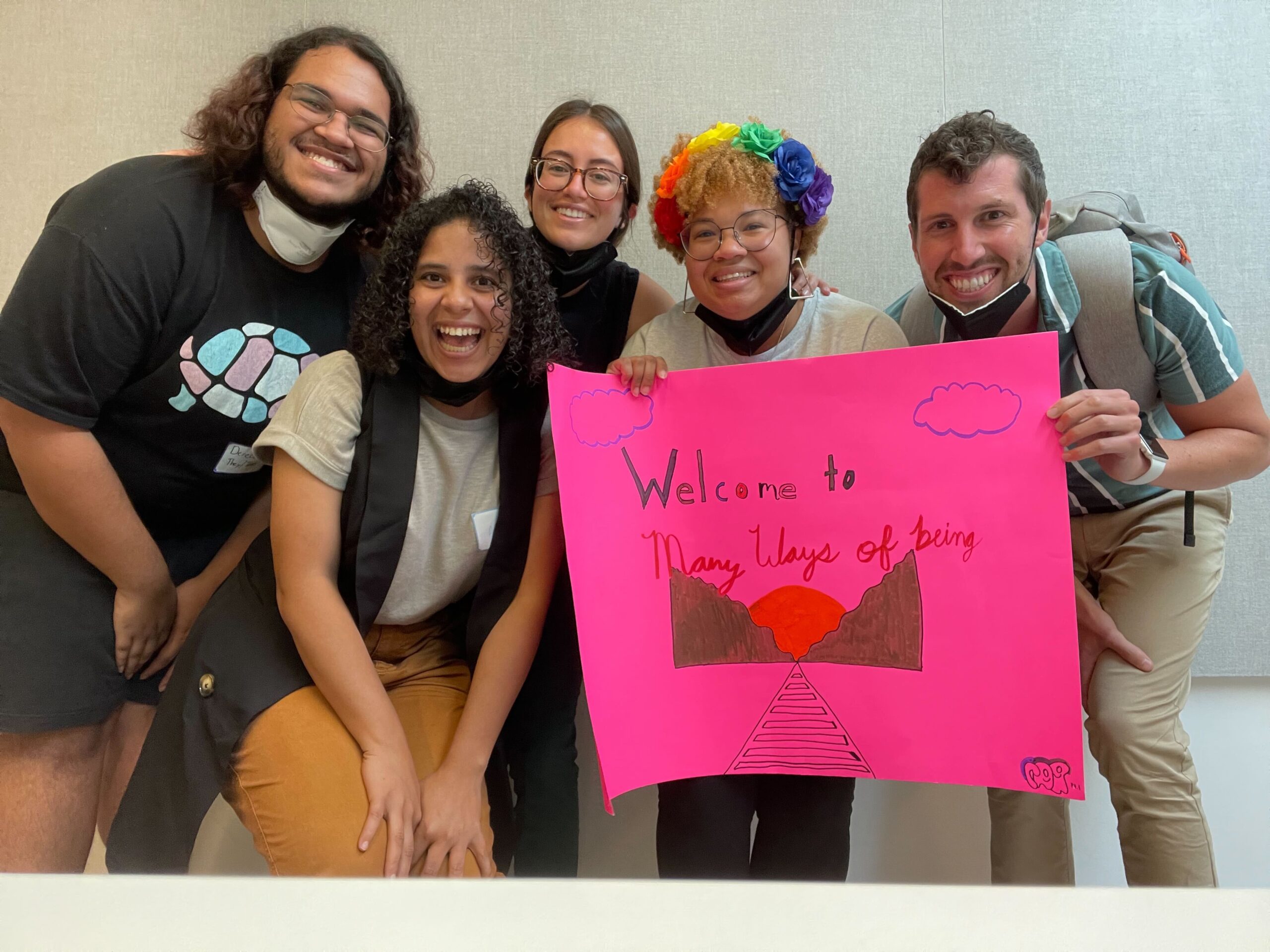
Many Ways of Being: Co-creating a healthier, more inclusive future with youth
In a world where conversations around sexual and reproductive health can be shrouded in stigma and secrecy, it’s essential to create safe and inclusive spaces for young
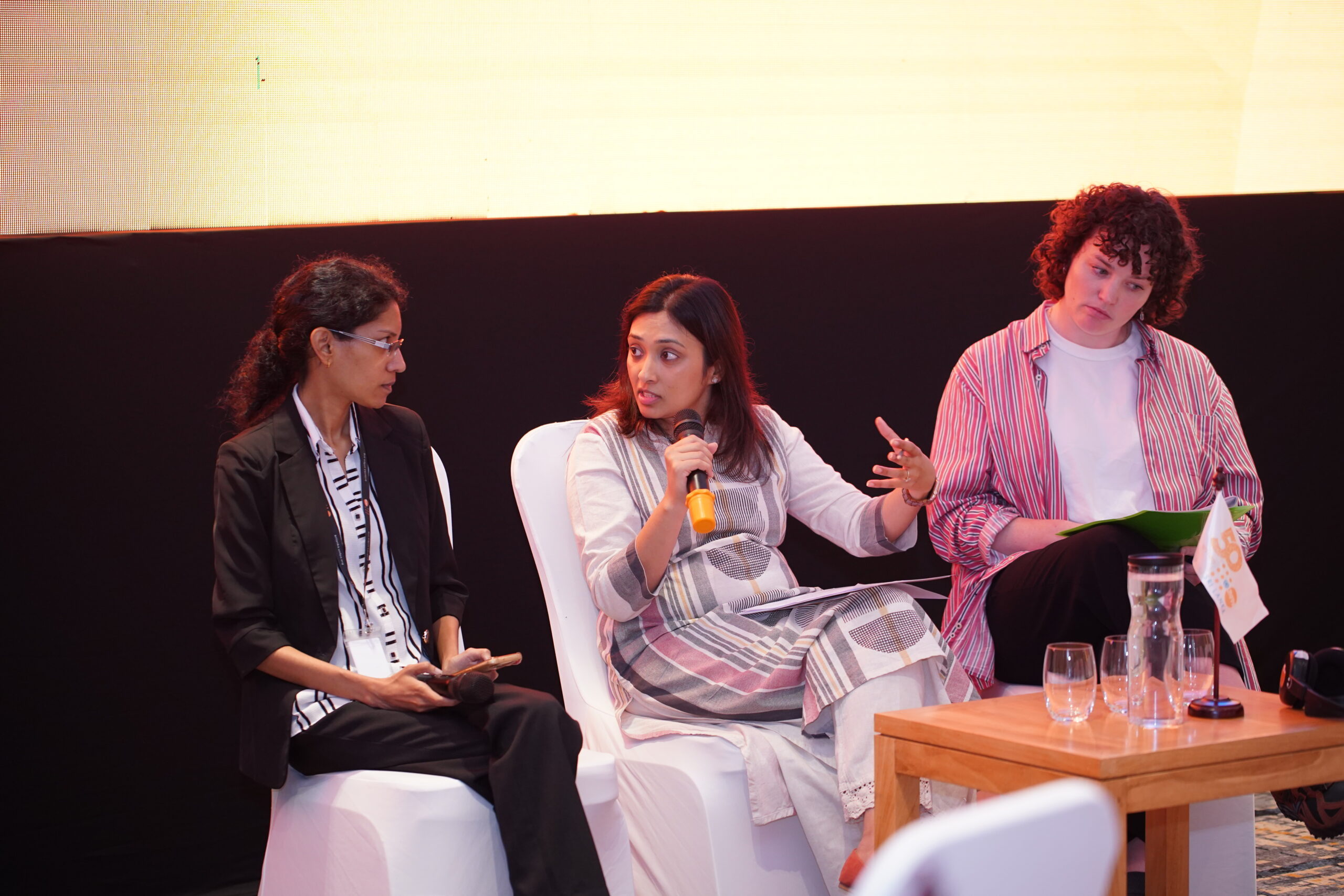
Collective Determination for Change: Insights from a gender-based violence prevention workshop in Sri Lanka
In October 2023, I was invited by UNFPA Sri Lanka to share insights on global models for gender-based violence (GBV) prevention at a recent 2-day workshop aimed
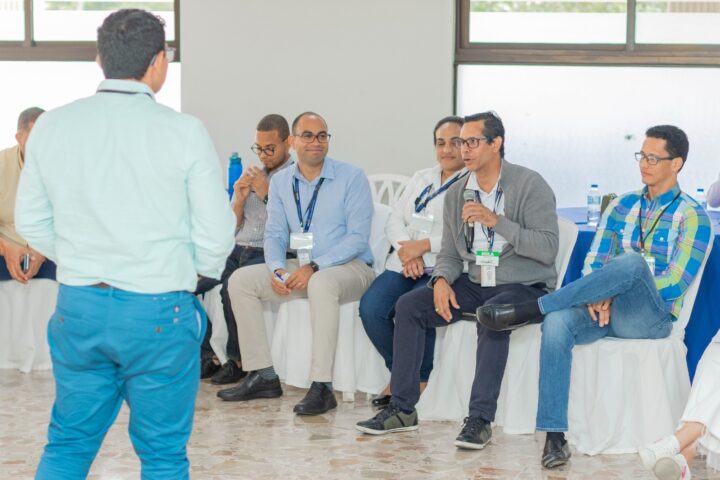
Engaging Men for Gender Equality in the Workplace
Equimundo works to engage men to be workplace gender equality champions.
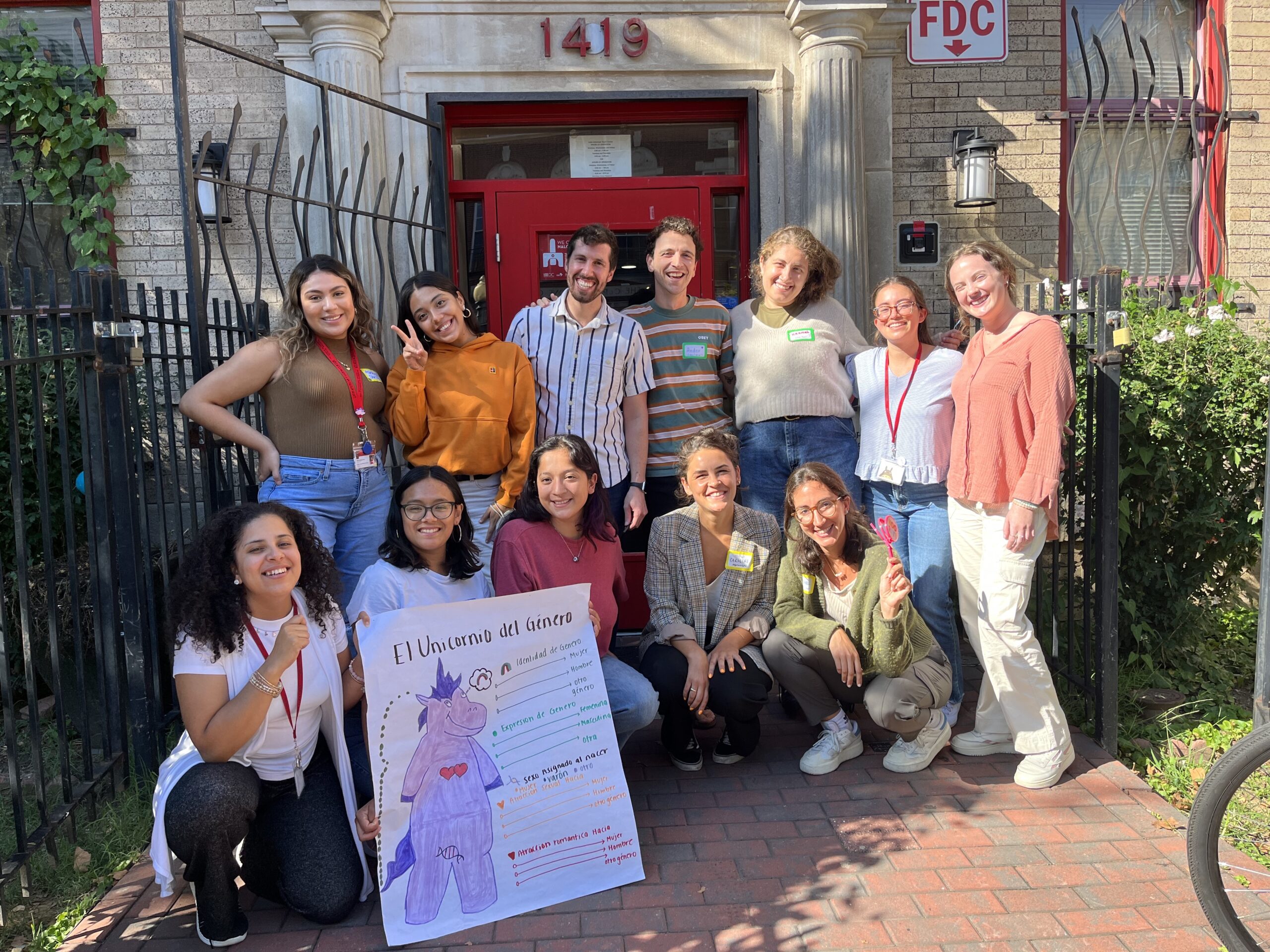
Many Ways of Being
Many Ways of Being is a sex education curriculum focused on gender equity, healthy relationships, & safer sex practices. This inclusive, youth-centered program can be implemented in schools and community centers with youth of all genders ages 15-19.

Program P Comparative Review: Topline Findings
Parenting programs have been identified as a promising strategy to strengthen parenting skills; increase men’s participation in caregiving; improve the quality of family relationships, health, and well-being;
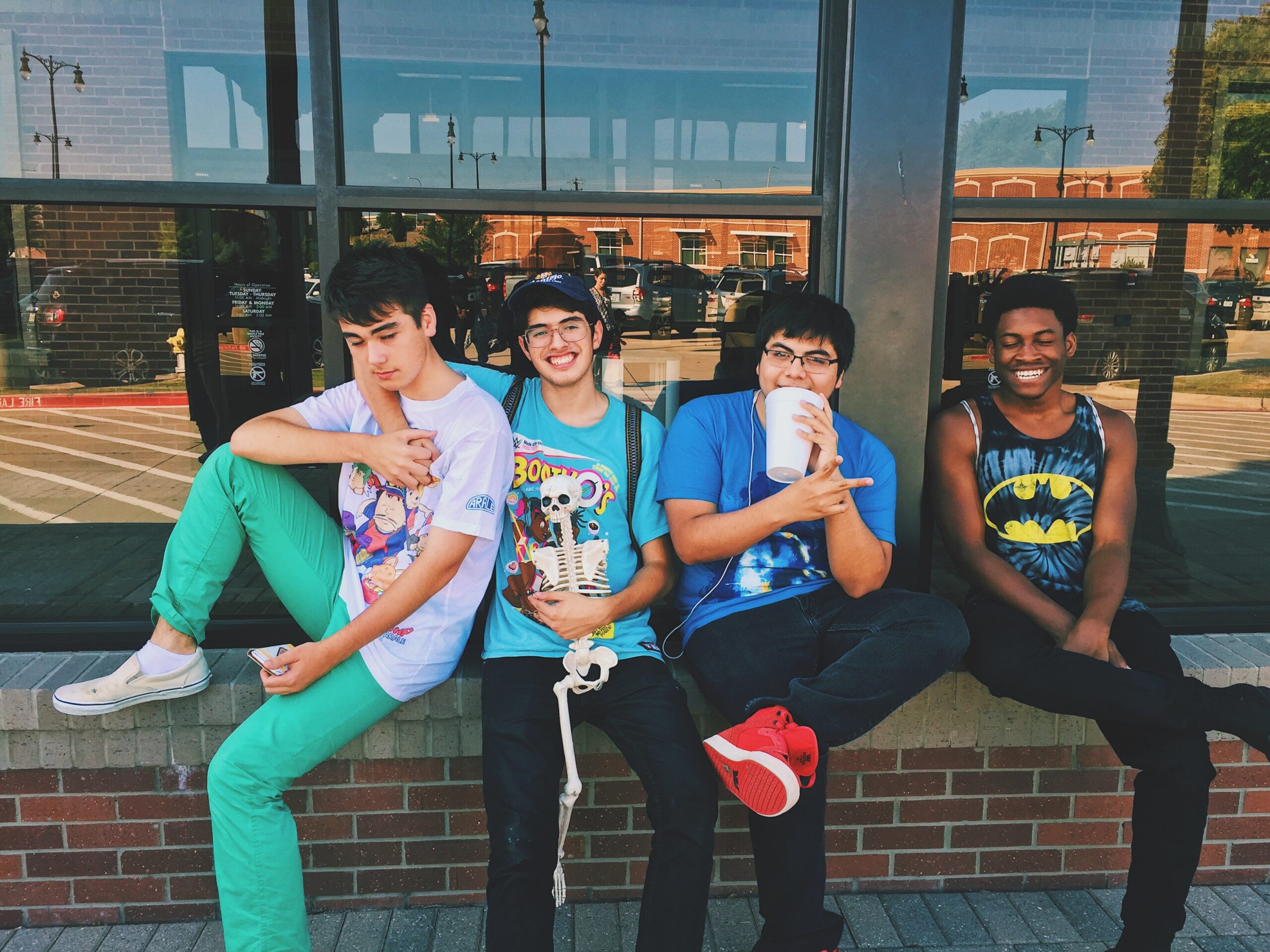
Manhood 2.0: Lessons Learned from a Teen Pregnancy Prevention Program for Young Men
Manhood 2.0 is an initiative developed by Equimundo and the University of Pittsburgh to engage adolescent boys and young men (ages 15-24) in reflecting on the impacts

Program P
Program P provides concrete strategies and activities, based on evidence and a decade of adaptations in different settings, to engage men with their female partners in caring, equitable and non-violent fatherhood from their partner’s pregnancies through their children’s early years.